Brain-Training Exercises to Master Your Attention Span (No App Required)
Ever catch yourself rereading the same paragraph or letting your mind wander mid-conversation? You’re definitely not alone. With the average adult’s digital attention span plummeting to just 47 seconds, staying focused can feel like a full-time job. The constant ping of notifications and sheer busyness of daily life don’t help either. Even so, science gives us real hope: brains—no matter the age—can be trained for better concentration, and you don’t need any fancy gadgets to start. This list isn’t about chasing perfection or demanding radical change. Whether you’re seeking a little more clarity in your thoughts, hoping to breeze through your next book club read, or just want to enjoy your morning coffee without a dozen intrusive ideas, attention training can help. That's why we've expanded our list of proven exercises are all designed to fit into everyday life, so you can experiment, adjust, and—most importantly—celebrate any progress along the way. Let’s explore approachable, tech-free ways to nurture your focus, patience, and mental clarity—one practical step at a time.
1. Crossword and Word Games: Strengthen Verbal and Working Memory

Word-based puzzles—like crosswords, word searches, and Scrabble—do more than entertain; they actively support verbal fluency and memory as we age. Regular play challenges the brain to retrieve words, spot patterns, and process clues, engaging multiple regions required for focused thought. Research backs their benefits: a 2015 study tracking thousands of adults found that just 15 minutes of cognitive games, five days a week, brought noticeable improvements in concentration and mental skills. Getting started is simple—pick up the daily newspaper, find a book of puzzles at the library, or invite a friend over for Scrabble night. If you’re new, begin with easier puzzles and gradually seek out harder clues. This kind of gentle stretch keeps things engaging, not overwhelming. Even jotting words in a themed word search can help settle mental chatter. Remember, progress isn’t measured in perfect scores, but in staying curious and present. One puzzle at a time, you’re teaching your mind to linger a little longer on the task at hand—a gift at any stage of life.
2. Sudoku and Number Puzzles: Sharpen Logic and Focus
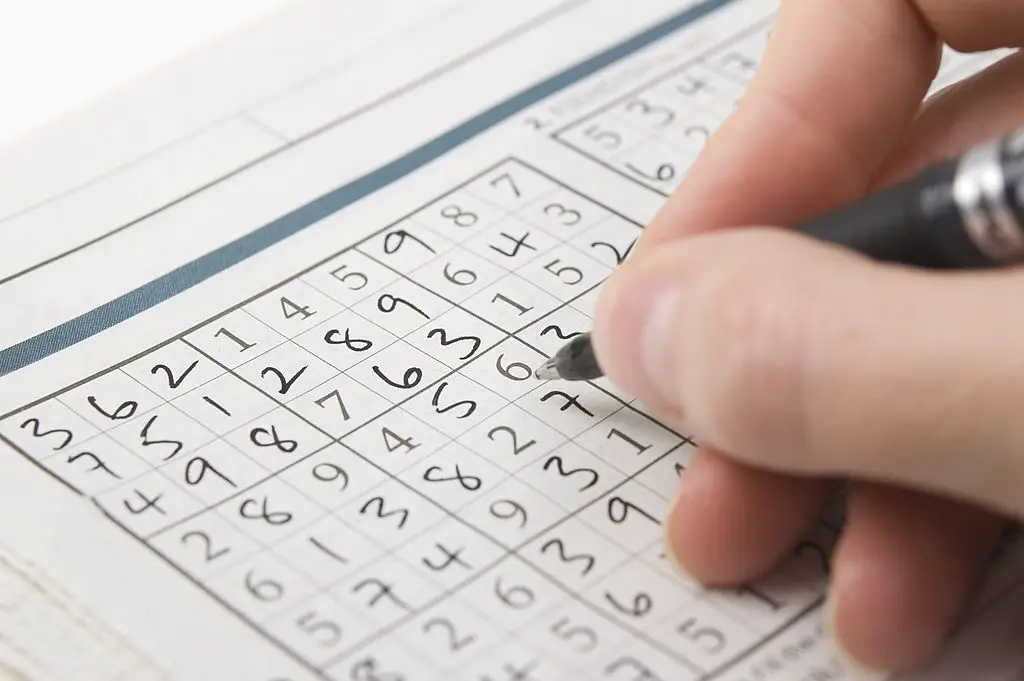
If words aren’t your thing, number puzzles like sudoku offer a powerful alternative for mental stimulation. Sudoku exercises logic, attention to detail, and flexible problem-solving—the very skills that trouble us when our minds dart from task to task. Multiple studies show these activities help keep aging brains nimble, and they’re easily adapted for all skill levels. Choose a puzzle that feels approachable at first (don’t be shy about starting with “easy” on the page), and savor that moment of quiet focus as you fill in each square. The satisfaction of placing the final number is a gentle boost in itself. To keep things sustainable, consider a short sudoku each morning with your coffee, or work through a challenging grid once a week—either method works. There’s no need for perfection. Each puzzle you finish, even with a hint or two, is a small win for your attentional stamina.
3. Jigsaw Puzzles: Visual-Spatial Attention Booster

Jigsaw puzzles offer a uniquely soothing way to anchor your mind. As you scan for matching colors or shapes, you’re nudging your brain to stay alert, distinguish details, and resist the urge to leap ahead mentally. Regular puzzle-solving trains you to sit with a task for longer, which can spill over into easier focus in everyday life. Scientists have found that tactile, visual activities like jigsaws help boost visual-spatial reasoning—a skill tied to everything from reading maps to staying attentive in meetings. For fresh starters, even small puzzles (50–100 pieces) yield rewards, while more seasoned enthusiasts can challenge themselves with intricate designs or larger piece counts. Put a puzzle table in a favorite spot and return for a few moments whenever you need an offline reset. Remember, assembling the picture piece by piece matters more than the finished result: each minute spent searching, sorting, and clicking pieces together is another brick laid in your focus foundation.
4. Chess or Checkers: Strategic Games for Concentration
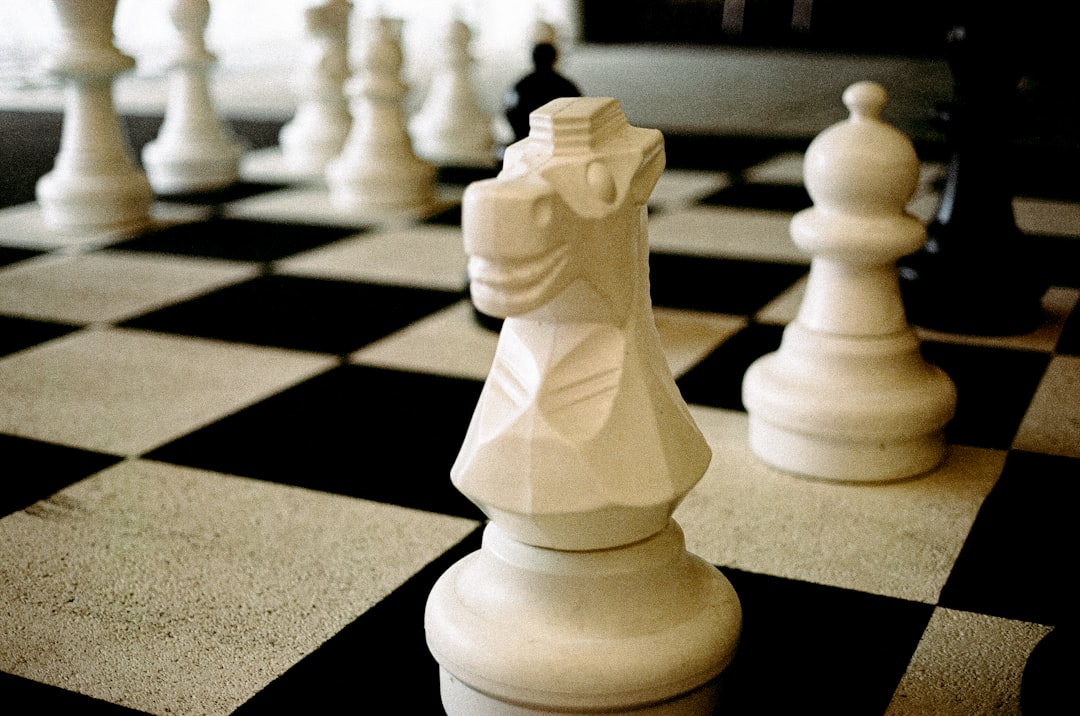
Classic strategy games like chess and checkers are time-tested brain trainers. They demand that you hold possible moves in your mind, weigh options, and plan ahead—all of which strengthen working memory and deep concentration. Studies involving adults over 45 show these games not only spur sharper thinking, but may support cognitive resilience with continued play. If chess seems intimidating, don’t worry—simple checkers or basic chess matches are just as effective for cultivating sustained attention. Start with friends or family members, or try a local board game club for friendly competition. Focus on noticing your decision process between turns: What are you considering? Where do your thoughts drift when waiting? With each game, you’re practicing patience, perspective, and the simple joy of paying close attention. Win or lose, it’s your mental muscles that truly score the gain.
5. Mindful Breathing: Attention Reset, Anytime

When attention feels scattered, mindful breathing can bring instant clarity—no equipment needed. Research consistently shows that gently returning to the breath is one of the most effective ways to train the brain for present-moment awareness, directly combating mental drift. Even five quiet breaths can break the cycle of distraction. Try this: Breathe in slowly for a count of four, hold gently, and exhale for another four. Notice the sensation of air moving in and out; if thoughts slip in, kindly refocus back to your breath. There’s no perfect way to do this—each attempt, however brief, helps strengthen your attentional “reset” button. This practice fits easily into the smallest moments, whether it’s waiting in line or clearing your mind before bed. Over time, you’ll notice that returning to focus becomes a natural habit, one gentle inhale at a time.
6. Guided Body Scan: Build Awareness Moment-by-Moment
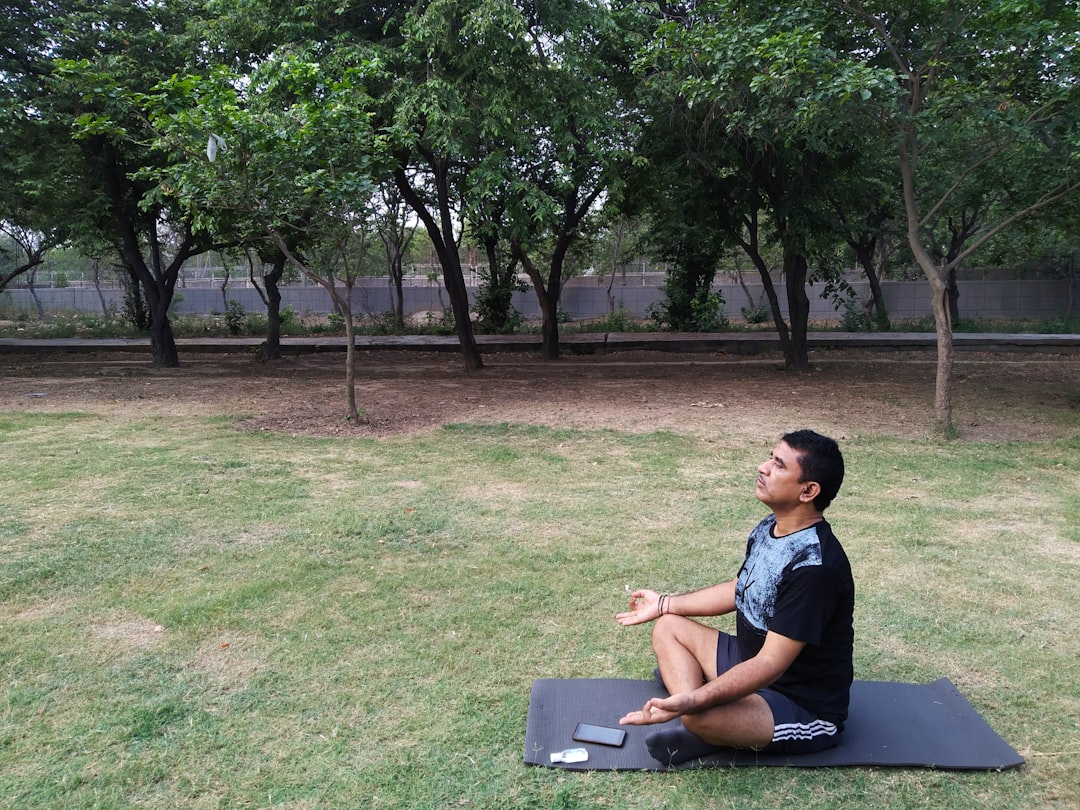
A guided body scan is a simple meditation technique that builds focus by connecting mind and body. You slowly bring attention to different physical sensations—from your toes to the crown of your head—gently steering the mind back whenever it wanders. Science highlights its benefits, showing that just ten minutes of daily body scanning can reduce mind-wandering and improve concentration over weeks. Start by finding a comfortable spot, closing your eyes, and focusing on your feet. Gradually shift your attention upward, noticing feelings, warmth, or tingling in each area. If the mind drifts, simply notice and come back without judgment. You can try this for two minutes at first, working up as it feels natural. No special setting or guide required—the key is tuning in, moment by moment. Each session is a quiet act of self-care for your attention span.
7. Morning Walks: Reset Your Brain’s Daily Clock

A morning walk brings together gentle movement and natural light—the perfect combination for clarity and focus. Recent research highlights how early sunlight helps reset circadian rhythms, naturally boosting hormones like cortisol that wake us up and support attention. Physical movement, even at a relaxed pace, improves blood flow to the brain and primes mental sharpness for the day. There’s no “one right way” to walk: stroll solo, invite a partner, or bring a furry companion for extra motivation. Even ten minutes around your neighborhood or local park yields results. Notice the details—the sway of the trees, the feel of air on your skin. The aim isn’t mileage or intensity; it’s about greeting the day with intention, giving your mind a soft focus before jumping into your responsibilities. On days you skip the walk, remember that consistency over time is what matters most.
8. Movement Breaks: Interrupt Inattention
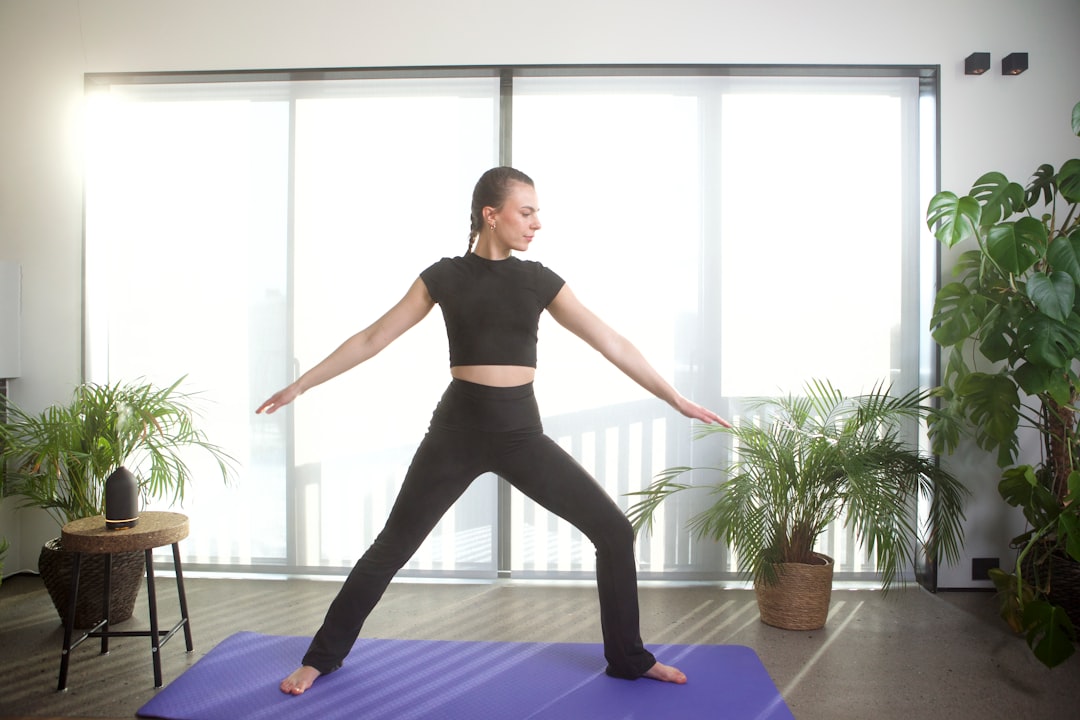
Short, regular movement breaks are powerful tools for reviving flagging focus. Studies show that interspersing even five minutes of light activity every hour can help sustain attention and fend off mental fatigue. For adults working at desks or even relaxing at home, simply standing up and stretching or doing gentle lunges brings the benefits. Set a soft timer or use natural cues—refilling your water glass, changing activities, or the end of a phone call—as reminders to move. The stretch doesn’t need to be elaborate; reaching overhead, rolling your shoulders, or a quick walk down the hall gets the job done. With each movement break, think of it as pressing a “refresh” button for your brain, inviting energy and renewed focus into your day. Small doses add up, making these mini-exercises easy to weave into every lifestyle.
9. Decluttered Workspace: Organize for Clarity

A tidy, organized workspace sets the stage for deeper concentration. Research from the Princeton Neuroscience Institute demonstrates that visible clutter pulls at our limited attention, making it harder to stay anchored to any single task. Creating an environment with only the essentials within view can dramatically relieve mental overload and improve productivity. Start small. Choose one surface—maybe a desk or kitchen counter—and clear away items that aren’t in use. Store away distractions, keep just what you need in reach, and add a comforting touch (a plant, picture, or cozy lamp). If decluttering everything feels daunting, break the process into manageable steps: one drawer or tray per day is enough. Not only will you likely feel calmer, but sustaining focus in such an environment tends to come more naturally. Your brain deserves a clear space to do its best work.
10. Protein-Rich Breakfasts: Fuel for Focus

Breakfast truly sets the tone for mental energy, especially when it includes protein. Diets high in protein support production of neurotransmitters that help boost focus, according to wellness author Jane Thurnell-Read and research cited in The Guardian. Eating breakfast—rather than skipping—has been associated with better memory, attention, and overall cognitive performance throughout the day. Try easy options like eggs, Greek yogurt, nut butters on whole grain toast, or even a scoop of cottage cheese with fruit. If mornings are hectic, keep single-serve options ready or prep a box of boiled eggs for the week. A protein-rich start doesn’t just curb hunger; it lays a foundation for steady energy and reliable attention. Remember, what fuels your body powers your brain—so nourishing yourself first thing is a practical act of self-care for focus.
11. Hydration Habits: Maintain Mental Sharpness

Adequate hydration is a simple but underappreciated key to sharper thinking. Health authorities recommend 6–8 glasses of water a day for optimal cognitive function. Even mild dehydration can lead to foggy thinking, slowed reaction, and those familiar lapses in concentration. Try building water breaks into your regular routine—keep a reusable bottle within sight, set reminders, or pair each cup of coffee or tea with an extra glass of water. Notice how you feel before and after drinking; sometimes regaining focus is as easy as quenching thirst. The best hydration habit is the one you’ll sustain comfortably, so experiment with temperature, add fruit infusions if you like, and treat each sip as a refresh for both brain and body.
12. The “Five Whys” Exercise: Uncover Your Focus Drivers
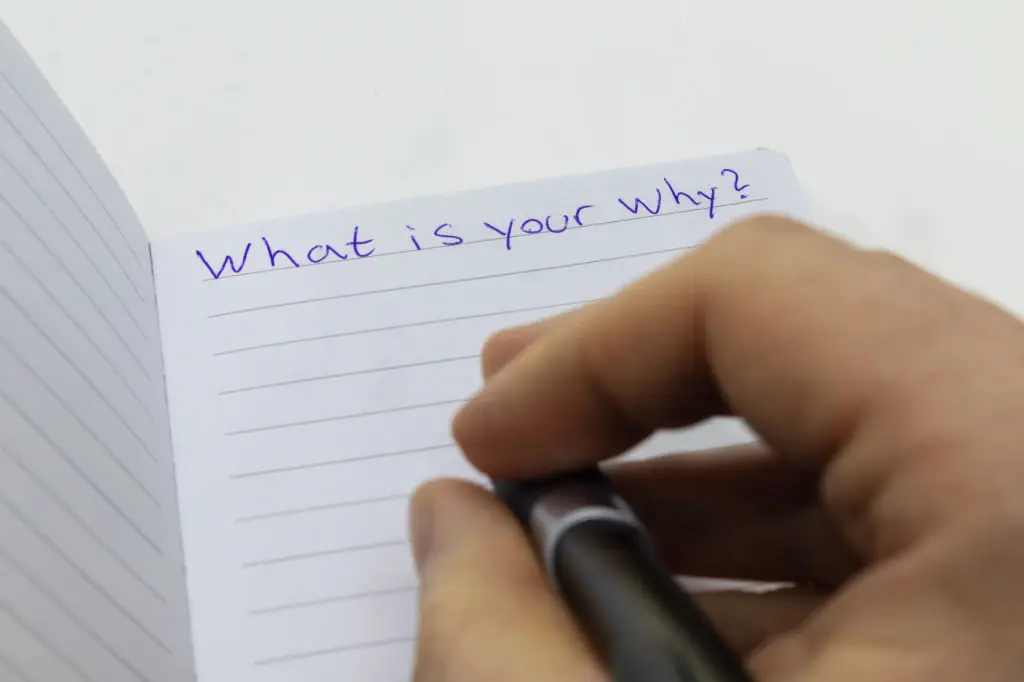
Sometimes, the secret to attention isn’t more effort—it’s clearer motivation. The “Five Whys” exercise, adapted from Japanese inventor Sakichi Toyoda and championed by wellbeing experts like Eloise Skinner, helps you uncover the root causes for wanting better focus. Here’s how: choose a goal (“I want to finish the Sunday crossword”) and ask yourself “why” five times, drilling deeper each answer. The process might reveal surprising connections to self-worth, social ties, or future aspirations. Doing this in writing or aloud can transform focus from a vague wish to a personally meaningful intention. This isn’t about overthinking—just about noticing what truly motivates you to pay attention. When you align your actions with your “why,” sustaining concentration often becomes more natural. Like any exercise, it’s less about one dramatic breakthrough and more about gentle self-discovery, step by honest step.
13. The Scent Anchor Technique: Memory and Attention Link

The Scent Anchor Technique leverages the powerful link between the sense of smell and the brain’s memory center (the hippocampus). When starting a challenging focus task, expose yourself to a unique, non-distracting scent—such as peppermint oil or rosemary—that you only use for concentration. Your brain will learn to associate that specific aroma with a state of deep attention. If your mind later begins to wander, a quick sniff of the scent can act as a powerful neurological cue, instantly snapping your focus back to the task. This subtle, sensory priming is an effective and easy way to "switch on" focused energy.
14. Reverse Alphabetizing (The Active Interference Drill)

To sharpen executive function and break the habit of mental coasting, try the Reverse Alphabetizing Drill. Choose a category (like states, capitals, or animals) and mentally list items backward in alphabetical order. For example, if the category is "Animals," you'd start with Z, then Y (if applicable), X, W, and so on. This simple exercise forces the brain to overcome the automatic, low-effort forward habit. It demands intense working memory, sustained attention, and cognitive flexibility to constantly check the category, the sequence, and the alphabet simultaneously, providing a robust mental workout.
15. Auditory Isolation: Focusing on a Single Sound

In a moderately noisy environment (like a café, office, or busy room), practice auditory isolation by intentionally selecting and concentrating on only one single sound—perhaps a specific voice, the drip of a faucet, or the distant traffic hum. Hold your attention on that single sound for thirty seconds to a minute, gently pushing all other noise into the background. This trains the brain's selective attention mechanism, which is key to filtering out distractions during conversations or study. It’s a real-world focus exercise you can perform anywhere, turning common background noise into a tool for mental discipline.
16. The Unilateral Listening Drill (Left-Ear Focus)

This unique technique forces sustained attention by challenging your dominant sensory input. When listening to a podcast, audiobook, or even a friend's story, deliberately focus on processing the information only through one ear—gently covering the other, or positioning your head slightly away from the source. This unilateral listening forces the brain to work harder to fill in the missing auditory information and maintain comprehension. It is a powerful way to enhance auditory processing speed and focused listening skills. Use this drill for five minutes at a time; it provides an immediate, tangible challenge to your ability to stay locked onto a verbal stream.
17. Intentional Slow Motion (The Task Deconstruction)

Choose a simple, everyday task—like pouring a glass of water, locking a door, or putting on a shoe—and perform it in extreme slow motion. Intentionally focus on the tactile sensation, the sequential movements, and the effort involved in each step. This deliberate deceleration forces you to deconstruct an automatic habit, breaking the brain's tendency to rush through routine activities. By anchoring your attention to the physical micro-movements, you train your mind to inhabit the present moment during even the most mundane parts of your day, which strengthens overall focus and reduces mental rush.
A Gentle Path Toward Greater Focus

Over weeks and months, these small efforts build new mental habits that serve you far beyond any one task. The beauty of brain training is that it fits every age and lifestyle, and there’s no “perfect” way to begin. As you practice, remember to celebrate your own adaptability, wisdom, and unique pace. Attention is a muscle, and you’re strengthening it one mindful choice at a time. Here’s to the many moments of clarity, purpose, and presence still ahead—a true personal growth journey, offline and entirely your own.
